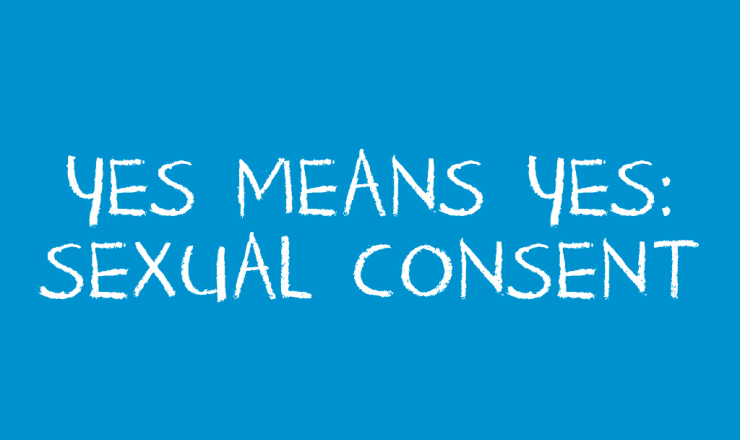PEP
What is PEP?
PEP stands for “post-exposure prophylaxis”. PEP is a set of 3 medications you can take if you have recently been exposed to HIV to lower your risk of getting it. It uses some of the same medicines used to treat HIV.
Who can use PEP?
You may want to consider taking PEP if you don’t have HIV and have recently been exposed or think you may have been exposed to the virus, for example if you have had vaginal or anal sex without a condom or shared injection drug use equipment with someone who has HIV and who is not on effective treatment.
How effective is PEP?
Studies show that PEP can lower the risk of getting HIV after being exposed by more than 80%. Because some people studied didn’t take PEP consistently, taking PEP consistently likely lowers the risk of getting HIV by more than that.
What are the side effects of PEP?
Side effects of PEP may include nausea, fatigue and diarrhea. Side effects may vary depending on what specific drugs are used.
When can I start PEP?
You can start PEP within 72 hours after being exposed to HIV. It is more effective the sooner you start it, ideally within 24 hours.
How do I start PEP?
To start PEP, visit a hospital emergency room as soon as possible after you have been exposed to HIV. You will need to do an HIV test to confirm you do not already have HIV. You will also get other STI tests, and tests to see how your kidneys are working.
What happens once I start PEP?
- Once you start PEP you will need to take medication once or twice every day for 28 days, depending on what medications you get.
- Your provider may give you the entire 28-day course of PEP when they prescribe it, or they may give you a few days’ worth of medications and have you return after your test results come back or refer you to a specialist to prescribe the rest of the 28 days.
- PEP is designed to lower the risk of getting HIV from a single exposure. Condoms can lower your risk of being exposed to HIV while you are taking PEP. If you are exposed to HIV again while taking PEP, your course of PEP may not work as well for that exposure. If this happens, talk to your clinician about your options.
- If you have trouble taking PEP every day or want to stop taking PEP, your clinician can help plan next steps or alternatives.
- Your clinician will plan with you when to get re-tested for HIV to make sure the PEP worked. This may mean re-testing at the end of your course of PEP and then again 12 weeks and 6 months after you were exposed to HIV.
How much will PEP cost?
Most insurance plans, including OHIP+, the Ontario Drug Benefit (ODB), Trillium Drug Program, workplace plans and university and college plans cover the cost of PEP.
If you do not have insurance, PEP will likely cost $750-$1300 for 28 days of pills.
If you need help finding out if you qualify for insurance coverage, Planned Parenthood Toronto’s Case Coordinator may be able to help. You can contact the clinic at 416-961-0113.
If you don’t have drug coverage and can’t afford PEP, ask your clinician if there are ways to get it for a lower cost or free.
How do I know if I’m at higher risk of getting HIV?
To be able to get HIV from someone they have to have HIV already and not be on effective treatment.
Higher risk activities for getting/passing HIV include:
- condomless anal or vaginal* sex
- sharing injection drug use equipment
Consider talking to your partner(s) about their HIV status, testing history, and safer sex practices. For support having these conversations, check out our info page: Talking About Safer Sex.
For more info about HIV and transmission check out our info pages on HIV/AIDS.
Your clinician may use specific guidelines to assess if you can use PrEP/PEP. These are often based on what demographic groups the medications have been studied in. Studies aren’t inclusive of all genders and group-level risk statistics may not reflect your individual risk level. If you think you’re at higher risk of getting HIV and don’t fit what the guidelines say about who should use PrEP/PEP, you may still be able to use it. Talk to your clinician about your options or contact our Peer Educators at Teen Health Source.
More resources
- CATIE factsheets:
- The Sex You Want (for guys into guys): thesexyouwant.ca
- The Works (safer injection equipment and harm reduction services): bit.ly/2DOtopJ
If you have questions about this topic, feel free to contact one of our peer educators. [Link]
*We know that these aren’t the words everyone uses for their bodies (eg. trans folks), and support you using the language that feels best for you.
Last Edited: August 2020






